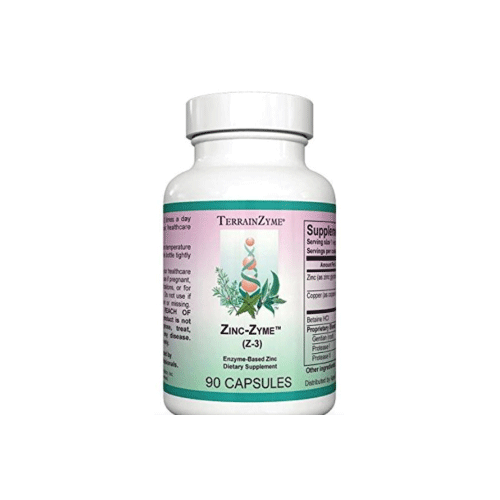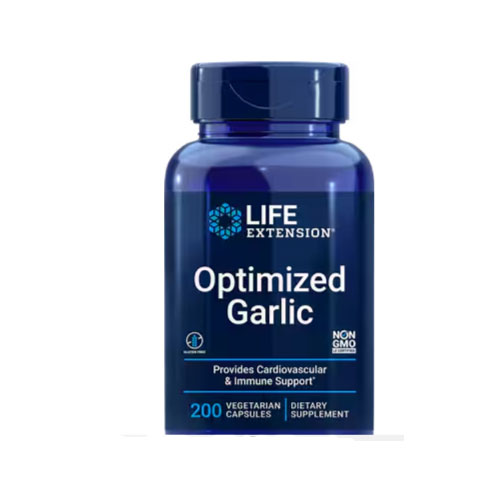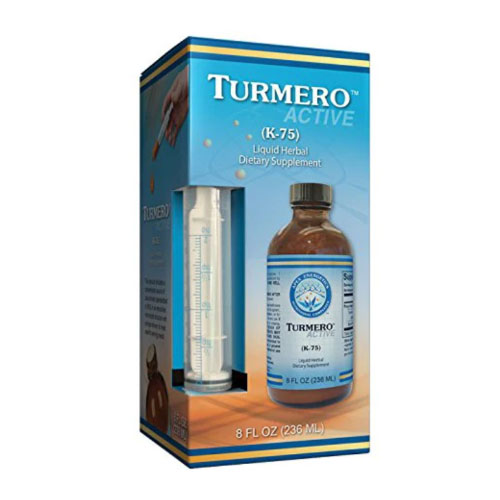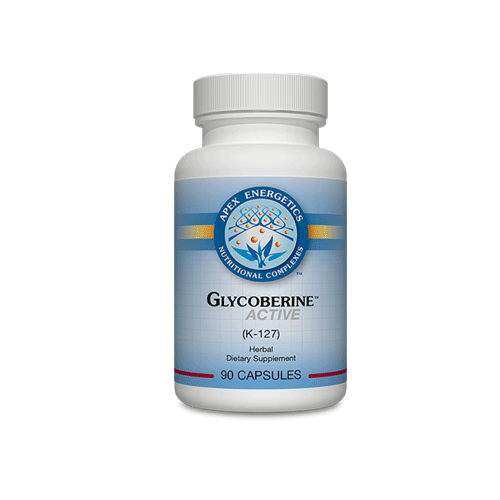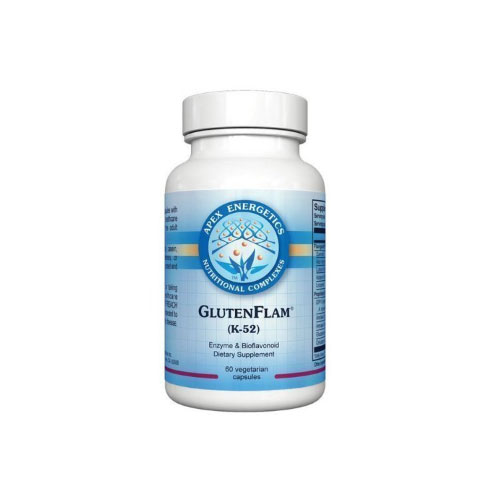What Would Compel an Otherwise Sane Person, or Even a Medical Doctor, to Attend a Lecture at 6:30 A.M. on a Sunday?
Novel Interventions for Low Libido-Psychological Effects
Major Depression
Depression is the leading cause of disability in the U.S. for people aged 15-44. Twice as many women suffer from major depression as do men. A depressed mate experiences a loss of desire, weak or non-existant orgasms and finds sex, like all of life, less enjoyable.(1)
The lifetime prevalence of depression is 17% affecting twice as many women as men.
19%-34% of depressed patients do not respond to acute treatment and 29–46% may fail to achieve and maintain a full remission. The recurrence rate of depression is between 15% and 50% of all patients despite continuous antidepressant treatment.
Poor libido, drive, and performance is common in treatment-resistant depression. Five of nine signs and symptoms are necessary for the diagnosis.
Treatment-Resistant Depression
S/S (Need 5 of 9)
- Sadness or depressed mood most of the day or almost every day
- Loss of enjoyment of a previously pleasurable activity
- Significant weight change (+ or – 5% in 1 month)
- Insomnia or excessive sleepiness nearly every day
- Noticeable physical restlessness or feeling rundown
- Fatigue or energy loss every day
- A feeling of hopelessness or excessive guilt
- Concentration and decision-making problems
- Recurring thoughts of death/suicide/suicide plan or attempt
Patients on multiple medications either serially, or in combinations, the world record upon entering our clinic was a forty-two-year-old gentleman on seven antidepressants and antianxiety agents concurrently.
Aside from the above symptoms, a serum prolactin level < 6.0 ng/ml (“Normal” 11-14 ng/ml) is almost pathologic for the above condition.
Treatment for resistant depression may include:
Chromium: To elevate serotonin levels.
Folate: A building block for serotonin, dopamine and norepinephrine.
Carnitine: To increase serotonin and noradrenaline.
Inositol: To influence signaling pathways in the brain.
Serine: To regulate brain chemistry
St. John’s Wort: An herbal remedy with no know negative sexual side effects
Similarly, only about 60% of patients with anxiety respond to front-line treatments. Up to 30% of patients may be treatment resistant.2 “Traditional” therapy includes SSRI’s, SNRI’s and cognitive-behavioral therapy. 3
Non-Prescription Remedies to Aid Anxiety Include:
- GABA: Produce a calming, relaxed atmosphere. Induces sleep, muscle relaxation
- Folate: helps produce dopamine and serotonin which have a calming effect
- Copper: calms feelings of anxiety
- Magnesium: regulates HPA which controls reaction to stress
- Vitamin B6: Assists with the synthesis of GABA
Adrenal Fatigue (Neurasthenia in the 1880s)
Signs:
- Hormonal imbalance
- Depression
- Anxiety
- Weight gain
- Loss of drive & ambition
- Loss of interest in sex
- Decreased sexual performance
Symptoms:
Awaken in AM Fatigued
In Need of Stimulant Mid-morning
In Need of Nap Mid to Late Afternoon
Total Exhaustion by 5-7 PM
Second “Wind,” Does Best Work/Thinking @ 8, 9, 10 PM
Unable to Fall Asleep Naturally
Cycle Repeats
Adrenal Fatigue
Etiology:
90% of cases from excess cortisol caused by stress
10% Split between DMT2, Low Iron
“Traditional” Medicine: Does not exist.
Mimics Hypothyroidism. Fatigue Pattern is Intermittent With Adrenal Exhaustion
Fatigue Pattern is Continuous with Hypothyroidism
Testing:
Reverse T3 :> 15 pg/ml ((“normal 8.0-24.9 pg/ml)
Cortisol Saliva Test
• Test cortisol 4 times throughout the day to evaluate the diurnal rhythm.
Rx: *Lifestyle: Diet, Exercise, Nutrition, Stress, Alcohol and Caffeine consumption, Sleep
Hormone Replacement
Adaptogenic Herbs
Adrenal Fatigue
Adrenal Fatigue
Adrenal Rebuilding Program
Lifestyle Changes:
Stress Reduction, Anti-Inflammatory Diet, Exercise, Meditation, Yoga, Etc.
Sleep Adequacy: 2 Hours Before Bedtime
Melatonin 1-3 mg
Magnesium Taurate 100 mg 1-2
Vitamin D3 5000 IU
Magnesium L- Threonate
Increases synapse density,
Improves cognition, learning, memory,
Promotes relaxation and sleep.
Dose: Magnesium L-Threonate:
Magnesium 144 mg
L-Threonate 2000 mg
Adrenal Rebuilding Program
Adaptogenic Herbs
Hydrocortisone or compounded cortisol, if needed
Starting Dose: 7.5 mg in am, 5 mg. @ noon, 2.5 mg @ 4 PM
Reduce by 1-2.5 mg every 3 months until D/C
High PM Cortisol-Add Phosphatidylserine 300 mg
Nutrients
•Vitamins B and C Selenium
•Calcium Sodium
•Magnesium EPA/DHA Omega 3s
•Manganese Valerian Root
•Copper Adrenal Glandulars
•Zinc
- https://www.webmd.com/depression/features/depression-and-sex#1
- Bystritsky A. Treatment-Resistant Anxiety Disorders. Molecular Psychiatry. 2006; 11:805-814
- Iliades, C.Approaching Treatment-Resistant Anxiety. Psychiatry Advisor. 2014;https://www.psychiatryadvisor.com/home/topics/anxiety/approaching-treatment-resistant-anxiety/3/

